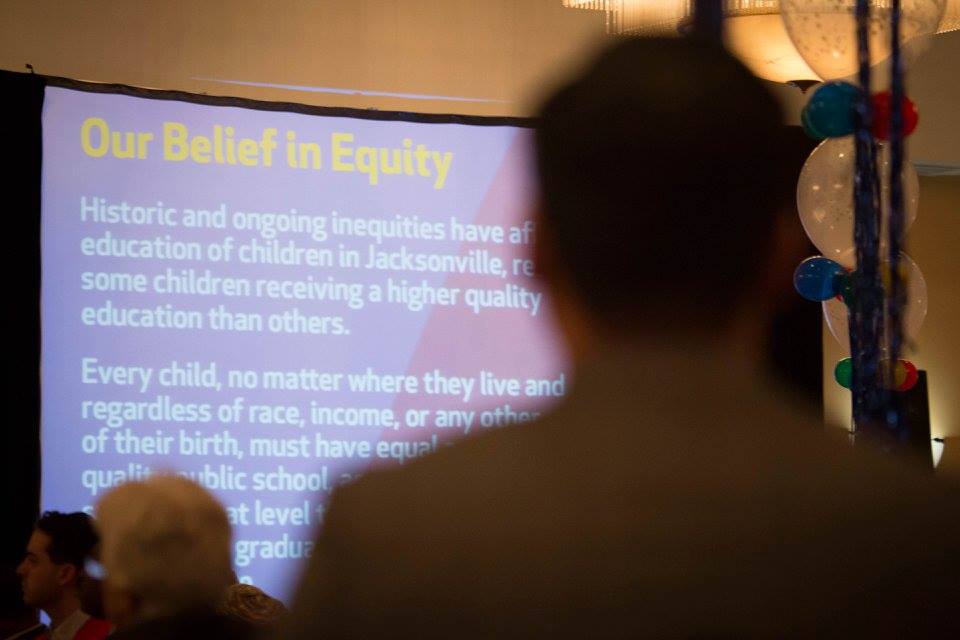Social-Emotional Learning: A Systematic Change
2/11/2016

I must admit, coming from an interdisciplinary field where education was not the main focus, I was clueless about the true meaning of social-emotional learning. A few weeks ago, I had an opportunity to facilitate a session at the ONE by ONE Convention on Social and Emotional Learning. In this session, we had two very knowledgeable presenters discuss a set of principles for social emotional learning that was being implemented in elementary and middle schools in Tampa. Kim Williams, the Chief Education Officer of Frameworks of Tampa Bay, Inc. along with her colleague Caitlin Simmons work together to teach young people to manage their emotions, develop healthy relationships, and make good decisions for academic, career, and personal success. They achieve this goal by empowering youth through systemic change.
They started the session asking delegates to identify characteristics of a leader. Some of the responses were “charisma, “integrity,” “poise,” “personable,” “motivated,” “curious,” and “confident” just to name a few. Once everyone finished naming these characteristics, Caitlin pointed out that no one said “smart,” “strong academic background” or anything related to intelligence—everything that was named was either a social or emotional skill. It was at this moment that I finally understood what social-emotional learning was—it is giving students the tools they need to harness positive interpersonal and intrapersonal skills. It meant teaching the students to be more independent and in control of their emotions giving them the language to help identify strong emotions they may be feeling and actions that are socially acceptable and appropriate. Together, Kim and Caitlin discussed how social-emotional learning was the most overlooked aspect of education and a barrier to equity in education.
In Tampa, the development of positive social and emotional skills for students involves a school-wide adoption of the Framework principles so that every teacher, administrator, custodian, cafeteria personnel, and parent can reinforce the positive coping behaviors that will eventually lead to less suspensions in schools, better academic performance, and increased self esteem and overall adjustment for the students. It is difficult to get students to focus on learning content materials if they are having a difficult time regulating their emotions and behaviors. The idea is that if students are equipped to cope with and adapt to situations, they can manage themselves, monitor each other, and the teachers can focus less on classroom management and more on imparting knowledge.
These ideas are important when thinking about the convention’s theme of unlocking every child’s potential. To unlock every child’s potential means that they each have their own, personalized, custom-fitted key. Equity is about that custom key and if students do not have what they need to thrive as social and emotional beings, it may be difficult for them to thrive academically and personally, as they become adults. There has to be a systemic change, which requires buy-in from many different people who invest their time, energy, and other resources into students. Would adopting the Framework principles be useful here in Duval County schools? See the presentation from the convention here and learn more about Frameworks of Tampa Bay, Inc. in Hillsborough County here.